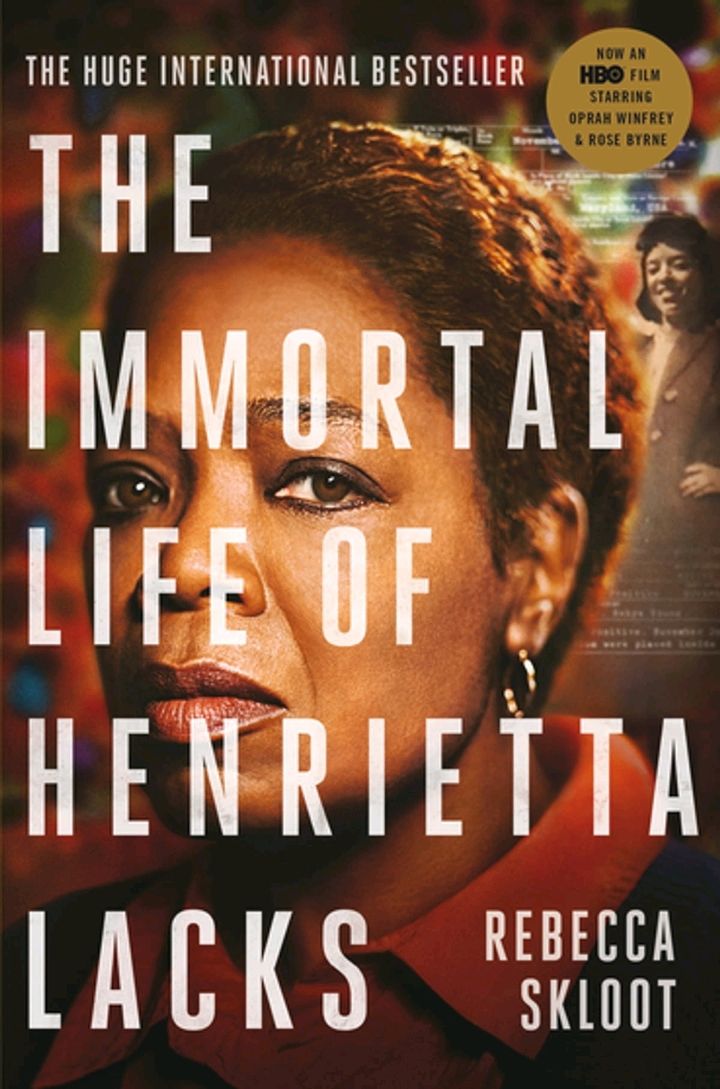Audio available in app
The narrative weaves together scientific discovery and personal tragedy from "summary" of The Immortal Life of Henrietta Lacks by Rebecca Skloot,Gregory Mone
The intertwining of scientific discovery and personal tragedy is a central theme that runs through the pages of "The Immortal Life of Henrietta Lacks." The story follows the journey of Henrietta Lacks, a poor African American woman whose cells were taken without her knowledge or consent and became one of the most important tools in medical research. As the narrative unfolds, we are exposed to the groundbreaking scientific discoveries that were made possible by Henrietta's cells, known as HeLa cells. These cells played a crucial role in numerous medical breakthroughs, including the development of the polio vaccine and advancements in cancer research. The impact of Henrietta's unwitting contribution to science is undeniable, and her legacy continues to shape the field of medicine to this day. However, alongside the triumphs of scientific progress, we are also confronted with the deeply personal and tragic story of Henrietta and her family. The exploitation of Henrietta's cells raises important ethical questions about consent, ownership, and the rights of individuals in medical research. The Lacks family's struggle to come to terms with Henrietta's legacy, as well as their own experiences of poverty, discrimination, and illness, adds a poignant layer of complexity to the narrative. Through the juxtaposition of scientific achievement and human suffering, the authors invite us to consider the ethical implications of medical research and the ways in which it intersects with our most basic values and beliefs. The story of Henrietta Lacks serves as a powerful reminder of the human cost of scientific progress and the importance of recognizing the humanity and dignity of all individuals, regardless of their social or economic status. In "The Immortal Life of Henrietta Lacks," the narrative weaves together the threads of scientific discovery and personal tragedy to create a rich tapestry of reflection on the complexities of medical ethics, social justice, and human resilience. Through Henrietta's story, we are challenged to confront the moral dilemmas that arise when science and human experience collide, and to consider the profound implications of our actions on the lives of others.Similar Posts
Henrietta's family was not informed of the use of her cells
Henrietta Lacks' cells were taken without her knowledge or consent. Scientists at Johns Hopkins Hospital removed a sample of he...

The narrative weaves together scientific discovery and personal tragedy
The intertwining of scientific discovery and personal tragedy is a central theme that runs through the pages of "The Immortal L...

Artificial intelligence will revolutionize the future
Artificial intelligence is poised to bring about a seismic shift in the way we live our lives and interact with the world aroun...
Henrietta's family sought acknowledgment of her contributions to science
Henrietta's family, driven by a deep sense of injustice and a desire for recognition, embarked on a mission to shed light on he...

The book encourages readers to think critically about medical ethics
The Immortal Life of Henrietta Lacks challenges readers to grapple with complex questions surrounding medical ethics. It prompt...
Rebecca Skloot formed a bond with Henrietta's daughter, Deborah
Rebecca Skloot's relationship with Deborah Lacks was anything but ordinary. From their first meeting, a connection formed that ...
